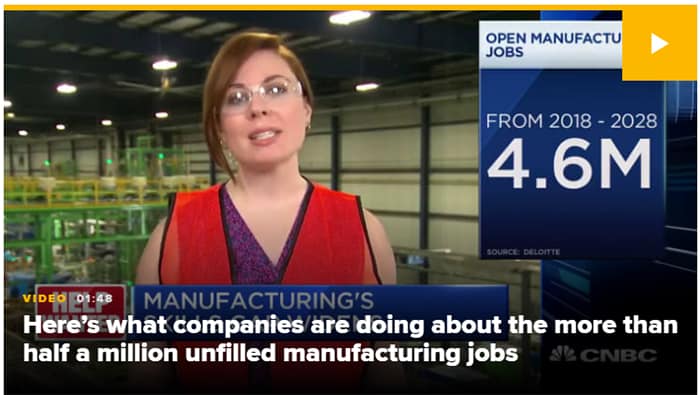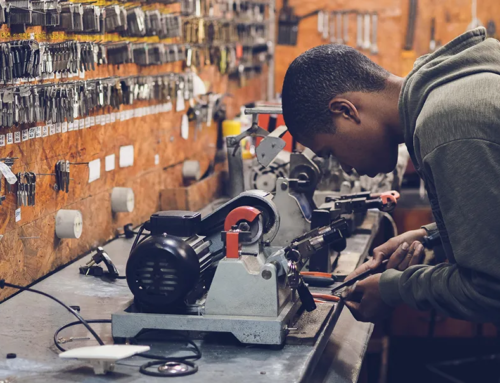Employment Tips to Land the Job You Want

Q&A with Vanessa Q., Reentry Program Supervisor
Securing a job after incarceration is often a top reentry priority for individuals making the transition to the community. Job hunting takes time, patience, and planning. We spoke with Vanessa Q., a Reentry Program Supervisor in California who specializes in job readiness, educational programming, and vocational training enrollment assistance. Read through our questions and answers below for helpful job tips.
What’s the first step you recommend individuals take before starting their job search?
Make sure you have proper identification including a birth certificate or social security card, and a driver’s license or state-issued ID.
What other steps are important to finding a job?
Be prepared to answer questions and discuss your background on an application or in an interview. In addition, address any employment barriers that may affect your work schedule such as transportation and childcare. Look for jobs close to home first and branch out as your go. Most importantly, identify your skills and interests and use these to assist you with your job search. You will be much more successful if you enjoy what you do.

Is it easier to get a job at a smaller company?
Many reentrants transition back into the community with little to no resources and need to start working as soon as possible. There is usually less paperwork involved with small, privately-owned companies so that may speed up the process. Staffing agencies are also great at helping individuals find employment quickly, and some payout the same day you work.
Where do you tell individuals who have been incarcerated a long time to start?
This is a common question and fear among people who have been incarcerated for a long period of time. I always tell everyone to start slow and take small steps. A lot of individuals say they don’t have the skills and experience to secure employment, which is oftentimes not the case. It’s important to reflect on your time incarcerated. Did you have jobs, take education or vocational classes, or were you involved in community service? Include this information as experience on your resume and when thinking about the type of job you want.
There are resources available in most communities to gain experience and learn something new. High schools and local community colleges offer adult night school, often at a low or no cost. Local libraries and adult education centers offer computer classes to get certifications across a variety of industries.
What if I don’t have any references?
It’s a common misconception that references need to be tied to past employment. Think about all of your relationships and ask individuals who know you and your character. Maybe you helped your uncle work on cars or you participated in recovery meetings within your community. A great way to build references is to get involved with your community post-release. Look for community service opportunities or mentorship programs to meet new people and receive support. These new relationships can make great references.
What advice do you give to individuals who haven’t had luck finding a job and want to give up?
Job hunting is stressful for everyone, and it’s common to feel overwhelmed and defeated. A positive attitude is absolutely essential, and it’s important not to take the rejection personally. The job market is very different from what it was even a few years ago. COVID-19 put many people on unemployment, and a high percentage of these individuals are choosing government assistance rather than returning to work. Right now, a lot of companies are hiring, and the job market has become less competitive. Companies need workers to keep their businesses afloat and are willing now more than ever, to take chances on ex-offenders.
Start your job search today.
About Vanessa
Vanessa has worked in the reentry field since 2018. She is passionate about working with individuals transitioning from incarceration to the community and has a special interest in second-chance employment opportunities. Vanessa maintains relationships with local employers, staffing agencies, and community partners to provide program participants with as the resources and skills needed to obtain sustainable employment and enhance their skills to advance their careers.


